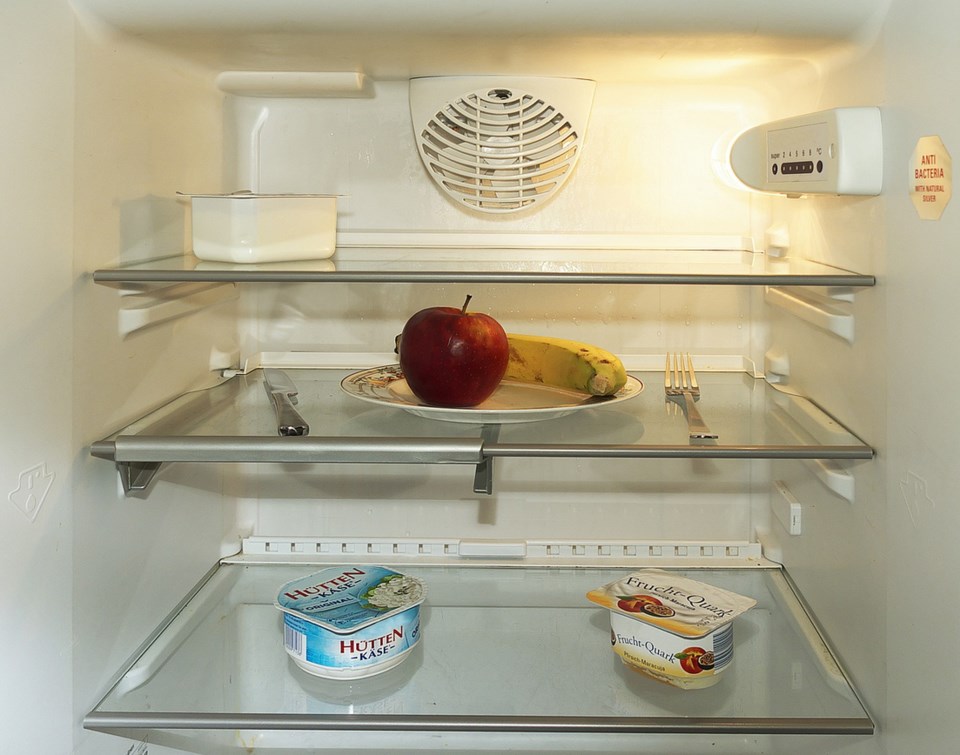The City of Delta is undertaking a poverty needs assessment in advance of developing a new Poverty Reduction Action Plan.
In partnership with LevelUp Planning Collaborative, the assessment includes a survey of Delta residents now underway to identify various issues.
City council earlier this year agreed to submit an application to the province’s Poverty Reduction Planning and Action Program for funding to develop a poverty reduction plan.
It’s to identify community needs and actions that directly support vulnerable populations and low-income residents, including actions to increase food security in Delta.
A Delta staff report earlier this year notes food insecurity is directly related to income in that the lower the household or individual income, the higher the risk of food insecurity.
The Delta poverty reduction strategy is to help the city consolidate poverty reduction work that has already been undertaken by various departments, conduct a comprehensive examination of community needs, as well as develop and expand community partnerships.
It’s also aimed at identifying actions and projects that directly support vulnerable populations and low-income residents, including actions to increase food security in Delta, the report explains.
“Food emergency services, such as food banks, are under-utilized in Delta while Delta families with children face higher food insecurity, as reported by Delta School District. Developing a better understanding of the underlying factors contributing to increased food insecurity for vulnerable populations will require continuous collaboration between the City and community partners,” the report states.
“Food security policies fall within all government jurisdictions and policies to address food insecurity require a collective, coordinated approach. Local governments are well-positioned to address food related issues relating to land use, utilities, community services, and supports to vulnerable populations,” the report notes.
The report adds that city staff's initial examination of food programs showed that Delta has “robust community-driven food programming infrastructure” including food banks, emergency food programs, free/low cost community meals, multiple programs with free food/meals, community kitchens and community gardens.
The Delta school district also provides various food supports to students and their families.
According to the recently released draft of Delta’s Social Action Plan, in 2020, on average, the South Delta Food Bank served 80-to-100 clients a month.
The North Delta Food Depot served 25-to-40 clients a month.
In addition, between 150-and-200 Delta residents access the Surrey Food Bank on a monthly basis.
That report notes recent immigrants, children and youth, and seniors in low-income households are at higher risk of being food insecure.
Delta-specific data suggests that this is also the case for Delta, with North Delta having the highest proportion of Delta's children and seniors living in poverty.
Delta has a significantly smaller proportion of low-income residents than that of Metro Vancouver, however, since 2010, the proportion of Delta's immigrants with low income has increased, the draft action plan added.
In 2015, while the average income of Delta's labour force was $49,483, recent immigrants to Delta made less than half of that ($23,424).
For more information about the survey, contact project manager, Lavleen Sahota at [email protected].



